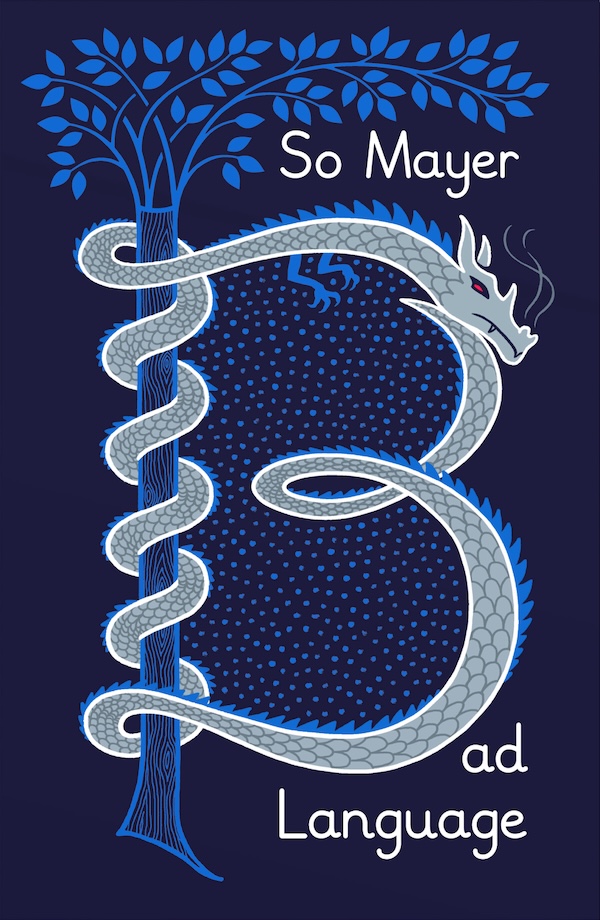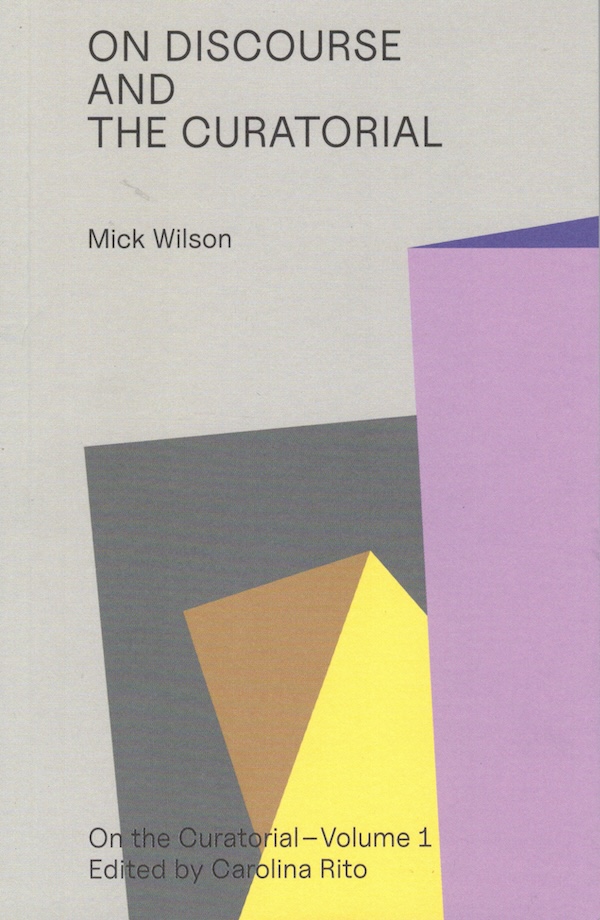A manuscript shortlisted for the inaugural edition of the Prototype Prize, 2024, a eulogy to the sonic influence and cultural inferences of the sound of the cicada. A train of thought on the multiform significations and significance of the cicada’s buzz and hum; a dissection and deconstruction of the insect as emblem; a wild and associative suite of fragments on the evocations of background noise when brought to the fore.
Milo Thesiger Meacham’s Audible Heat is a rich, meditative ecotone of ideas; a nimble and associative work of essayism that aims to map a reticulated cultural biography of the sound of the cicada. Equal parts academic argument, travelogue, and critical collage, this synthesis of ideas pulls upon a wide-ranging bibliography of materials to examine the omnipresent sound of the cicada as ‘audible heat’ throughout human history and culture. Herein, this climatic sound acts as a conduit between ecology, identity and mortality, and the cicada’s sonic inference emerges as a codification of the unknown and unfamiliar—as a spiritual weathervane in desert settings—and as a means of teasing out the sensorial limits of human understanding.
Thesiger-Meacham sits himself in a field of enquiry and in dialogue with voices various, ancient, and modern, such as Douglas Yanega of the University of California, folk musician Matthias Loibner, and Gene Kritsky, developer of Cicada Safari, a public app which tracks the mass emergence of periodical cicadas across North America, in a transversal network of interlinked, informational nodes.
Herein, we’ve the sonic-induced anxieties of 17th, 18th and 19th-century colonists in Northeastern America—notably the largely unknown career of entomologist Margaretta Morris—and the apocalyptic premonitions of the indigenous Wampanoag; Greek tongue twisters; the poetry of Ibn Quzmān and Harry Crosby; African American mathematician Benjamin Banneker’s lost wooden clock; Socrates' fear of dehydration; the geopolitical tensions embedded in Southern Spain as Al-Andalus (سُلَدْنَألا); Plato’s Phaedrus; a history of the hurdy-gurdy; Geronimo’s hatred of telegraphy; contemporary and historical entomologies; the slurred, slow body language of Clint Eastwood; insects on the film sets of Sergio Leone's Spanish Westerns; squinting; tanning; metamorphosis; acts of violence in Once Upon a Time in the West (1968); military reenactments of the Battle of Marathon (490 BCE); the botanist Donald C. Peattie’s existential dread; ancient cooking implements; riverside trees hills, and their symmetric reflections in still water…
All ideas emanating from the acoustical atmospherics inherent to the cicada’s song.





